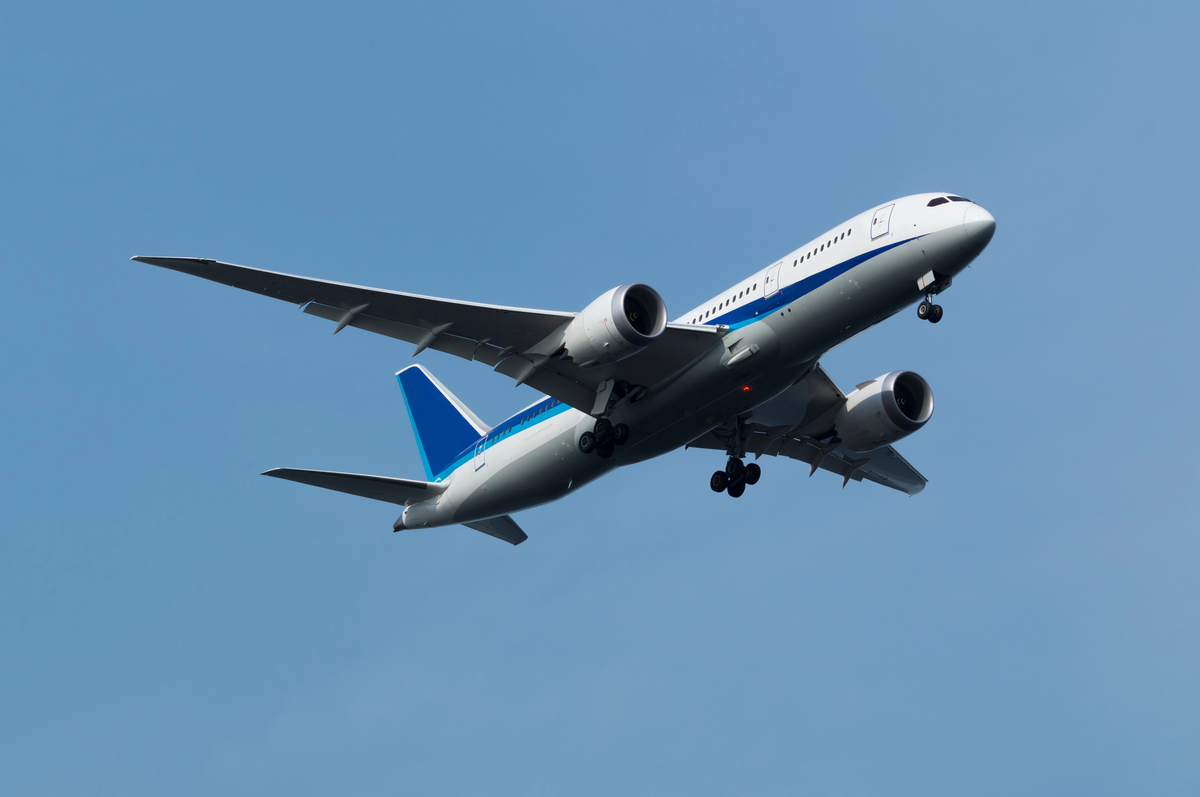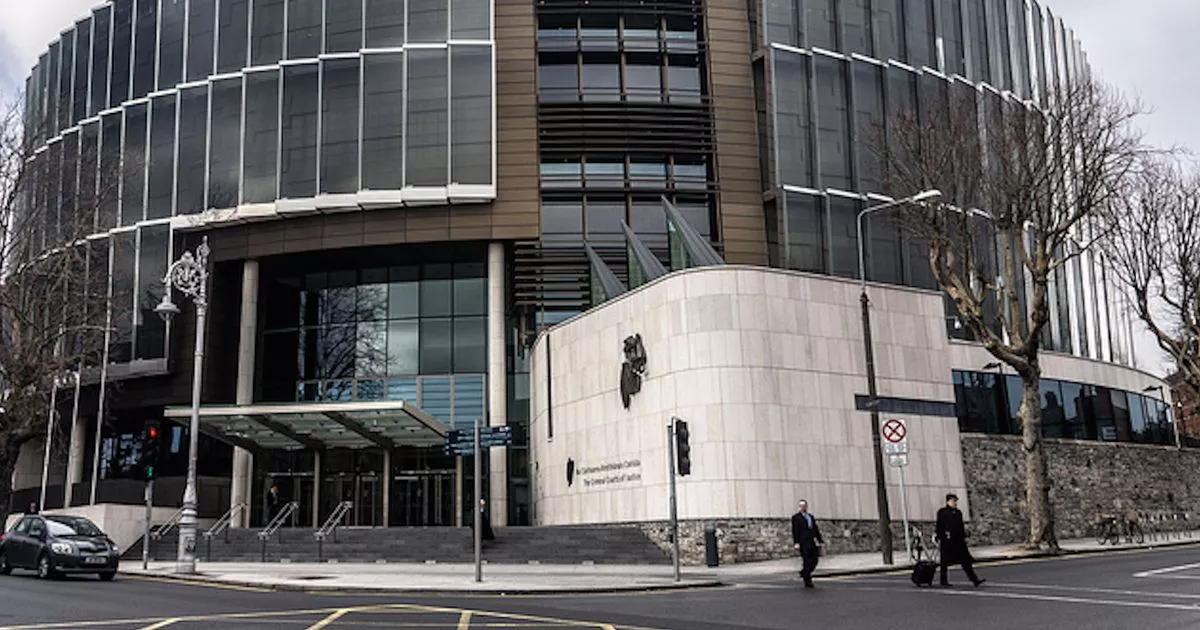By Stefan Korshak
Copyright kyivpost

Key terms of a recent White House deal trading relief of American air industry sanctions on Belarus for the release of 52 political prisoners are being ignored by the former Soviet republic’s flagship airline Belavia, a Kyiv Post review of that company’s published data and air industry information platforms found.
A Sept. 11 decision by the US Department of Commerce to cancel bans on Belavia, which prohibit that airline from importing, re-exporting, or transferring US-made aircraft parts will, almost certainly, create an illegal but effective lifeline for Russian airlines still under American sanctions and operating hundreds of US-made aircraft, industry observers say.
US Presidential Envoy John Coale announced the sanction cancellation during a bilateral meeting with Belarusian President Aleksandr Lukashenko in Minsk: “I would like to officially declare here that we have lifted sanctions from Belavia. This is official.”
The US Department of Treasury lifted a ban imposed on that company preventing sourcing US-made parts and even entire aircraft for its fleet. According to open sources Belavia operates five Boeing 737-800 passenger planes, and three or four Boeing 737 Max B passenger planes.
Prior to the cancellation Belavia had been forced to maintain its Boeing fleet and source parts by smuggling components via intermediaries, typically at a 30-40 percent mark-up.
“Belavia now has the ability to conduct transactions and settlements in US dollars… Banks, payment systems, and suppliers can now work with Belavia without the risk of violating US laws… businesses will now be able to actively participate in Belavia’s procurement of American supplies and services,” the Minsk-published MyFin financial news platform reported on Monday.
Sanctions evasion
A key condition of the sanctions removal, stipulated by the US Department of Commerce on Sept. 12, instructed Belavia that though Washington had lifted sanctions, US-made aircraft operated by the airline would violate still-in-effect sanctions on Cuba, Iran, North Korea, Russia, Syria, and Russian-occupied territories of Ukraine, were they to land in those places. The US news platform Politico was among the first to report on the letter and the condition.
Belavia on Tuesday, according to a Kyiv Post check of the corporate website, was offering direct service from the Belarusian capital Minsk to these Russian cities: Kaliningrad, Kazan, Khanty-Mansiysk, Krasnoyarsk, Makhachkala, Mineralnye Vody, Moscow, Murmansk, Nizhnevartovsk, Omsk, Samara, Sochi, St. Petersburg, Surgut, Syktyvkar, Tyumen and Ufa.
In apparent direct violation of the US Department of Commerce instruction, Belavia has flown and is continuing to fly its reported five Boeing 737-800 aircraft on all of those routes but one – the east Siberian city Krasnoyarsk in Russia, to which Belarus’ flagship airline offers service aboard a longer-range, roomier Boeing 737 Max B.
For this article, Kyiv Post reviewed data published by the airline industry watch groups ch-aviation and FlightConnections, and the Belavia corporate website. Per open sources, aside from the 737-800 flying largely on routes primarily to former Soviet republics, the airline flies a reported six Brazilian Embraer aircraft on short-haul international routes and a few domestic routes, and three to four Boeing 737 Max 8 almost exclusively on long-distance international routes.
Minsk Aircraft Repair Plant No. 407 (MARP 407), Belarus’ central and practically only major Western commercial aircraft repair base will benefit directly from the US sanctions removal by speeding access and lowering cost for Boeing aircraft serviced at the facility. Belarus’ authoritarian President Aleksandr Lukashenko converted the factory into a monopoly service-provider to Western airlines flying to Belarus following the break-up of the Soviet Union to earn income and better link Minsk with international destinations.
A reported 300 to 400 staff work at the site rated to perform normal turnaround and emergency maintenance of Airbus and Boeing aircraft, but not large-scale maintenance like engine overhauls or major avionics upgrades. Belavia is its main customer but Russian airlines flying to Minsk are another key income stream for the facility.
According to some news reports, Minsk’s MARP 407 will, now that it may source US aircraft components without hindrance, open a back door for Russian commercial airlines operating American aircraft to maintain their jets with critically needed US parts, while still under US sanctions.
A Monday report by Ukraine’s 24 Kanal said that Belarus is likely to become the Russian air passenger industry’s main US aircraft repair hub and source of American aviation components: “Because of this, the risk that aircraft components manufactured in the United States could fall into the hands of Russian airlines has increased.”
Kyiv Post requested comment from Belavia and Minsk Aviation Factory 407 but had not received a response by the time this article was published.
Russia’s Transportation Ministry in 2022 official statements said around 332 Boeing jets operated by Russian airlines (85 percent leased) would not be returned to owners following 2022 sanctions imposed by the US. Around 305 Airbus jets operated by Russian airlines were “temporarily confiscated” by Moscow at the same time. Industry information platforms usually estimate fleet flyability at between 50 and 70 percent because of spare parts shortages and unperformed maintenance. Most industry observers link the low flyability rate with US and EU sanctions on Russia.
An investigation by the Finnish newspaper Yle of Russian customs data, published in late June, found that US and European sections on the shipment of Boeing and Airbus components to Russian airlines was largely being circumvented but at substantial cost: Between February 2022 and September 2024, around $1.17 billion worth of Airbus and Boeing parts entered Russia despite sanctions, with more than 360 companies worldwide helping Moscow evade them.
The backroom deal for Moscow-New York flights
Aside from helping Russia evade American aircraft parts sanctions, some observers said, the recent US move to help Belavia return to normal business could re-open up one of the most lucrative routes in the entire world air passenger business: Moscow-New York, which shut down days after Russia attacked Ukraine.
Air industry executives will re-start the valuable service connecting the world’s two biggest nuclear powers using Russian airline-owned planes repainted in Belavia livery. The deal was probably negotiated months ago by a top Trump advisor with Russian leadership, Michael Sheitelman, a Kyiv-based policy and security analyst, suggested in a Sept. 11 comment.
“Why did they [the US] lift sanctions from Belavia? I will tell you,” Sheitelman said. “Remember how at the beginning [Kremlin officials] tried to agree with [Trump’s personal envoy Steve] Witkoff on restarting flights from Moscow to Washington or New York? But it didn’t work, because Russia isn’t stopping its war [attacking Ukraine].”
“Therefore, they came up with a brilliant idea! Belavia will do the flights. It will be called Minsk-New York or Minsk-Washington… just with a stop in the heroic city of Moscow!” Sheitelman said. “Minsk will become the main hub for this traffic.”
Sheitelman said Witkoff and Kirill Dmitriev, a Harvard/Goldman Sachs alumnus serving as CEO of the Russian Direct Investment Fund (RDIF), cut the deal during talks in April. Neither the White House nor the Kremlin have confirmed Sheitelman’s claim.
Russian aviation industry leaders will travel to Montreal to speak at the Canadian Aviation Conference and Tradeshow to argue Western sanctions on Russia’s air transportation industry are “unlawful coercive measures,” the Reuters news agency reported on Monday, citing working papers and a source familiar with the Russian plans.



